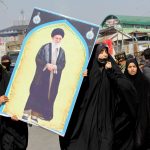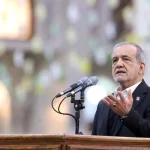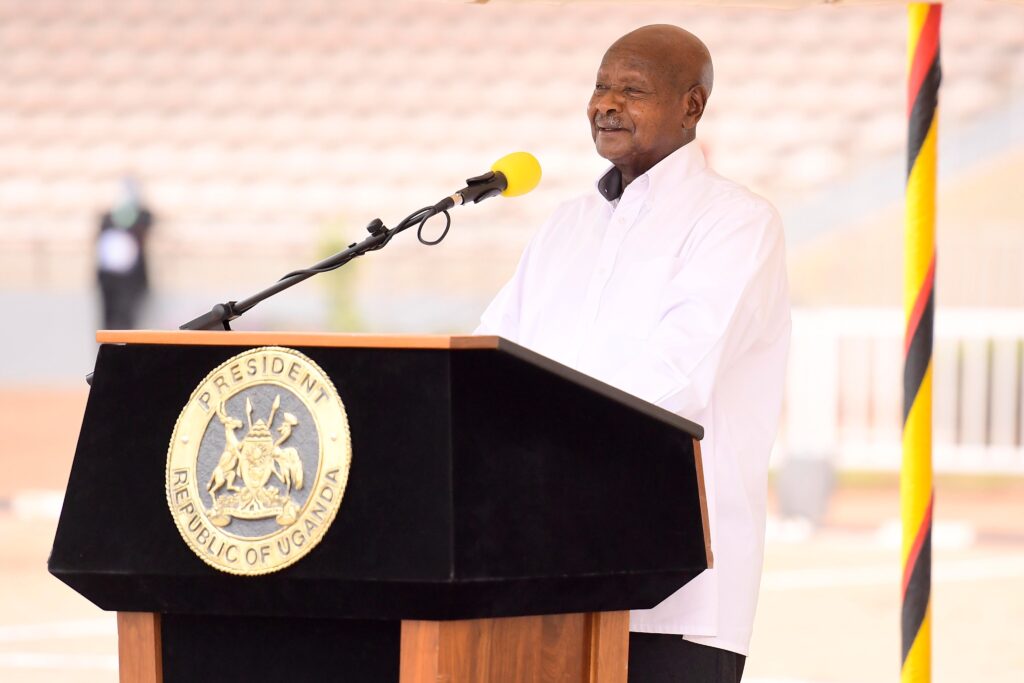
Ugandan President Yoweri Museveni, Tanzanian Vice President Philip Mpango and TotalEnergies head Patrick Pouyanné attended the ceremony this morning. The launch was held at the Kololo Independence Grounds, in Kampala.
“I’m proud to announce the FID for this project,” Pouyanné said at the ceremony. The companies have made a commitment to invest $10 billion in the Tilenga and Kingfisher fields, in addition to the 1,400 km export pipeline.
The East African Crude Oil Pipeline (EACOP) is the “masterpiece of the project”, the executive said. “We are committing to first oil by 2025 and maybe a little before if we could.”
The ceremony today officially puts the project into the construction phase, he said. “All contracts will be awarded and signed in the coming days.”
“This historic occasion now puts us on the path to achieving first oil in 2025 as agreed in April 2021,” said Minister of Energy and Mineral Development Ruth Nankabirwa.
The Lake Albert development will create as many as 160,000 jobs, she said.
“This is the culmination of the hard work and investment from the government, the companies and the host communities. This journey started a long time ago. These efforts date back to pre-1980,” said permanent secretary in the Ministry of Energy and Minerals Development (MEMD) Irene Batebe.
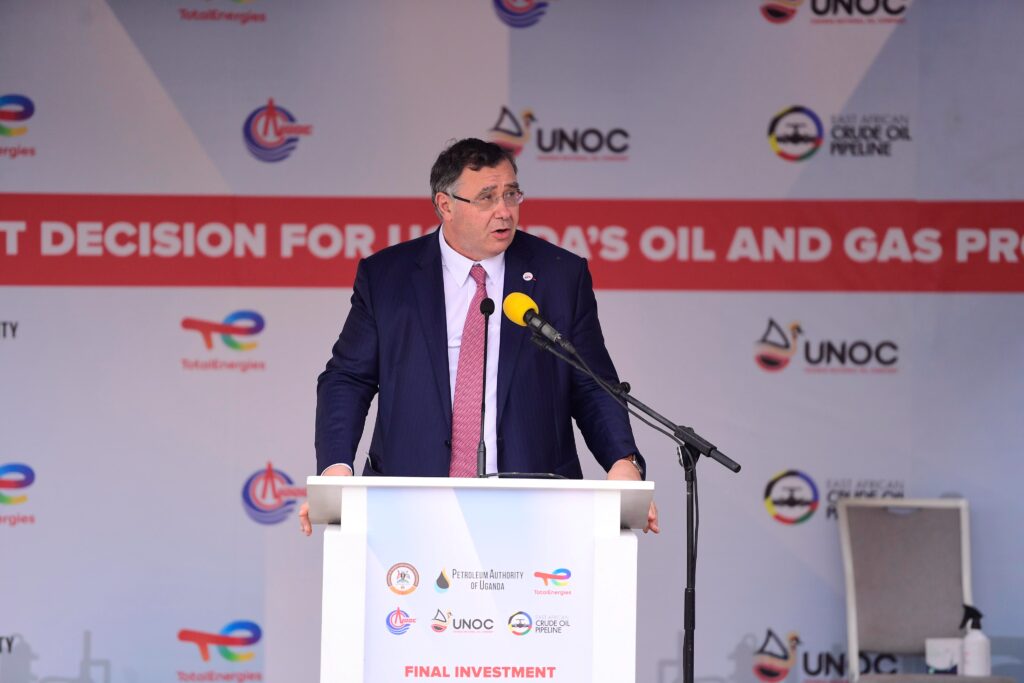
Fieldwork
Companies have discovered 6.5 billion barrels stock tank oil initially in place, of which 1.4 billion barrels are recoverable. Around $3.8bn have been invested thus far.
The French company has a 56.67% stake and is the operator. Uganda National Oil Co. (UNOC) has 15%, while CNOOC Uganda has 28.33%.
The energy transition will still require additional oil and gas, the Total head said. “A lack of investments could have consequences for customers.” New projects must have a focus on “low cost and low emissions. The Lake Albert development meets those two targets.”
Tilenga will have capacity of 204,000 bpd, with around 400 wells from 31 well pads.
Kingfisher is in the Kikuube district and will have production of 40,000 bpd. It will also cover the Mputa, Nzizi and Waraga fields. Wells on Kingfisher will be highly deviated, drilled from onshore they will target resources under Lake Albert.
CNOOC Uganda’s Chen Zhuobiao welcomed the move. “This is the first step towards unlocking developments,” he said. The Kingfisher field will provide “in country value of $1.6bn”, he said.
Pipe plans
In addition to the two oilfields, the announcement today triggers the start of work on the EACOP. The link runs from Hoima, in Uganda, to the Tanzanian port of Tanga. The EACOP company was launched today.
Total has a 62% stake in the pipeline, while UNOC and Tanzania Petroleum Development Corp. (TPDC) have 15% each. CNOOC holds the remaining 7%.
A group of NGOs has refused to give up its objections, though. The StopEACOP campaign noted that the pipeline had yet to reach financial close. A number of banks and export credit agencies (ECAs) have ruled out supporting the plan. Total is thought to be aiming to raise around $2.5bn for the pipeline, with the total cost of $3.5bn.
Total also signed a memorandum of understanding (MoU) on pursuing renewable energy in Uganda. This aims to install 1 GW of capacity in the country.
The local government has also talked of using crude to generate power.
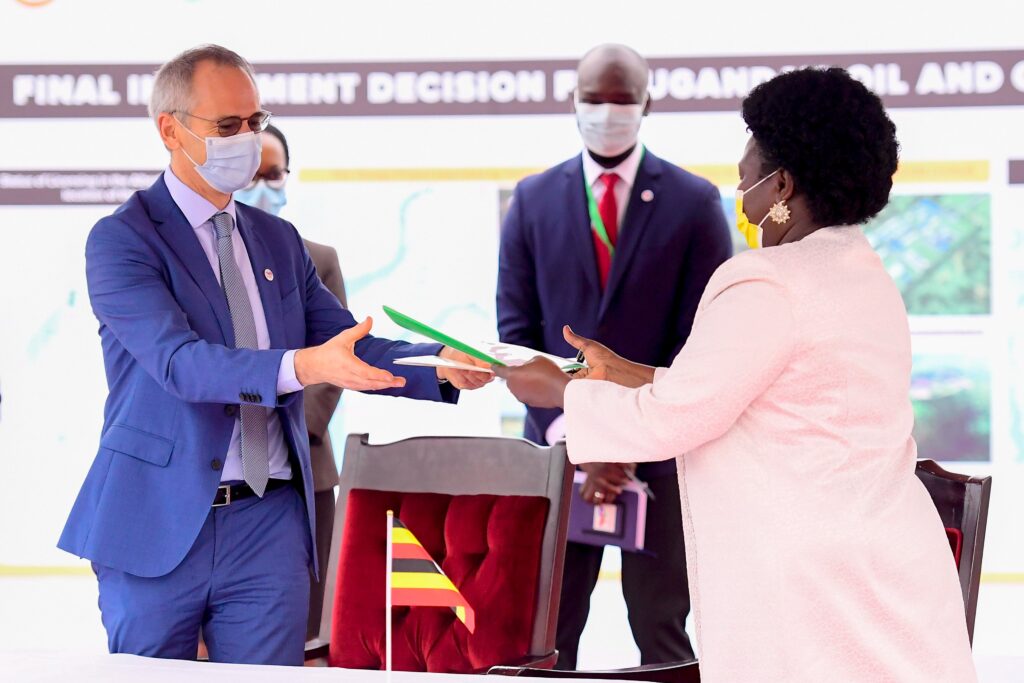
The long road
Australia’s Hardman Resources drilled the first commercial discovery in Uganda in 2006. Tullow Oil acquired the company later that year.
Tullow and partner Heritage Oil had a number of disputes with the government but ultimately both sold out, leaving Total and CNOOC International.
Reaching FID on the project should see Total pay a bonus of $75 million to Tullow.
“Uganda is the country that I have visited the most around the world since 2018, when we decided to make all efforts to come to this FID,” Pouyanné said. Total entered the project in 2012.
Recent developments include amendments to the terms of the licence, in order to improve the upstream economics. The Ugandan and Tanzanian governments both reached host government agreements (HGAs) and passed legislation on the EACOP.
“I’m sure Uganda has the potential to find more oil,” Nankabirwa said.
The country has had some recent fuel shortages, she noted. As an importer of products, Uganda is “vulnerable to forces beyond our control”, she said. “The FID today should see these instances become a thing of the past. As a government we continue to plan for the development of a refinery, which will process 60,000 bpd.”
Pouyanné went on to say the company “values dialogue with local NGOs. They will always be welcome to visit our projects and installations.”



